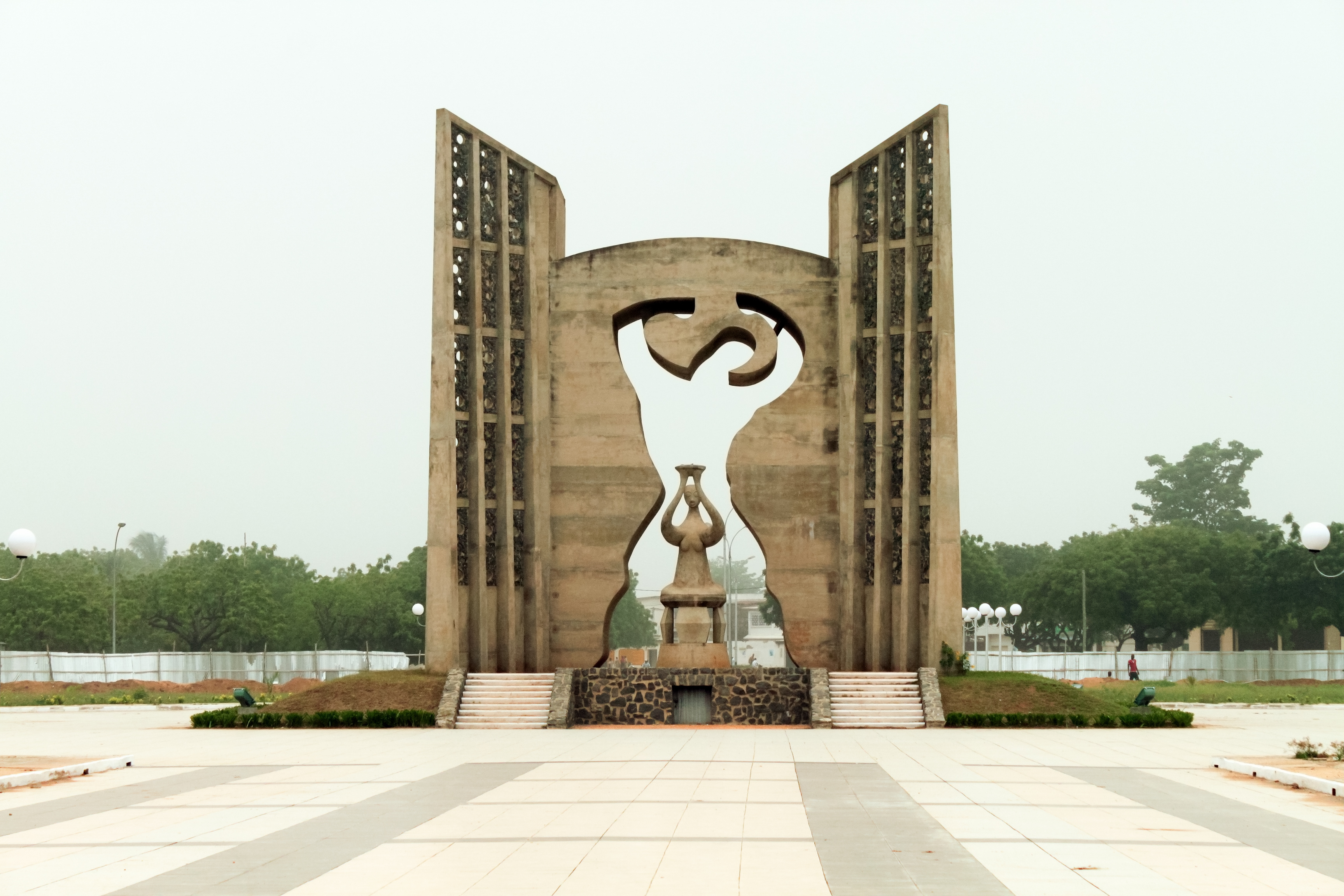
As Togo to heads to the polls for a controversial election, the Daily Update takes a look at the country’s trade profile, including its dependence on oil and its bid to increase intra-Africa trade.
Reforms
Togolese voters will cast their ballots today (29 April) following a series of political reforms which, on paper, should democratise governance of the West African country.
This month, reforms aimed at shifting legislative power to a parliamentary system and away from president Faure Gnassingbe were passed. The reforms will see elected parliamentary officials select the president, rather than a popular vote.
Koumealo Anate, a member of Gnassingbe’s ruling UNIR party, celebrated the reforms as setting the country “on its way towards a more inclusive and participatory democracy”.
Many are sceptical of the intent behind the reforms, which have lowered presidential term lengths to four years, down from five, with a two-term limit. However, the reforms don’t take into account time previously served as president, meaning Gnassingbe could remain in power for longer, if re-elected in 2025.
Selected to take over as president following his father Gnassingbe Eyadema’s death in 2005, and subsequently elected in what the opposition dismiss as fraudulent contests, Gnassingbe’s rule has been controversial.
A coalition of opposition parties dismissed the assembly vote that passed the reform as a “coup d’etat”, while Nathaniel Olympio, leader of opposition party Parti des Togolais, told AFP that “time has shown us that the major concern of his regime is to preserve power by any means”.
“The function of president of the council gives someone the latitude to exercise power in an unlimited manner, so logically we believe that this is the position that he will hold for himself.”
Election
Africanews reports that the elections will boast a significant number of female contenders among its 2,348 candidacies.
Figures from the Independent National Electoral Commission show 593 female contenders among those campaigning for 113 parliamentary seats and the 179 new regional seats created by the reforms.
Currently, women only hold 17 parliamentary seats, while at a local level only 13% of councillors are female. Nonetheless, female candidates have entered the race with ambitions to substantially increase the level of representation. Candidate Mimi Bossou-Soedjédé told the publication that gender parity is the goal:
“If we can have 50% women in the National Assembly, that would be great.
“We hope to be there with other women to make up the parliament in parity. I'm convinced that if this is the case, our country will change for the better.”
Some Togolese voters also hope the reform will enable them to express their dissatisfaction with the current government. One opposition voter told France24:
“We want a strong turnout on Monday so we can give the opposition the chance to win and take control of the parliament.”
Trade
Togo has promoted increased African trade, hosting a WTO eight-week training course at the end of last year. Attended by representatives from 15 African nations, the course aimed to broaden participants’ understanding of African trade policy, with an emphasis on how WTO rules shape policy.
Togo’s Minister of Trade, Crafts and Local Consumption, Kayi Mivedor-Sambiani, said of the event:
“Africa's participation in international trade remains very low, and amounts to around 2% of world trade.
“In order to reverse this situation, Africa needs to enhance its integration, productive and transformative capacities, and skills.”
Togo’s trade partners include Cote d’Ivoire (bilateral trade worth US$474m) and neighbouring Burkina Faso ($249), although its largest export partner is Saudi Arabia ($1.19bn), followed by India ($511m), according to the Observatory of Economic Complexity (OEC).
Indian products and services lead the country’s imports ($5.43bn) followed by those from China ($2.94bn). Togo runs a substantial trade deficit of $13.8bn.
As is common in West Africa, certain abundant metals and minerals lead Togo’s exports. Gold is the country’s top export, worth $1.18bn in 2022. Phosphates, a key ingredient in fertilisers, are the third-top export, with calcium phosphate worth $434m sold internationally.
Oil is also a significant part of Togo’s trade profile. Purchases of crude oil worth $594m in 2022, predominantly from nearby Nigeria and South Africa, were one of the country’s largest imports. These would be refined at the plant outside capital city Lomé, opened in 1978 by former president Gnassingbé Eyadéma.
Refined petroleum is the county’s second-most exported product, worth just over $1bn in 2022. However, this is heavily outweighed by the county’s dependency on other nations for imports, namely India and South Korea, with a total of $10.5bn of refined petroleum purchased in the same year.
UK-Togo trade
The CEO of UK Export Finance (UKEF) Tim Reid met with Togo’s minister of finance and minister of energy and mines last month to discuss opportunities to extend up to £4bn in funds for infrastructure, transport and energy projects.
Reid also signed a Memorandum of Understanding (MoU) with Benin, as part of a drive to boost UK exports to West African nations.
Reid applauded Togo and Benin’s “ambitious plans for infrastructure and development” and said he wanted his visit to “make it very clear that UK Export Finance is able to do even more, with billions of pounds available to help local buyers access British exports”.
In line with international trends, oil drives the UK-Togo trade relationship. In the year up to September 2023, the UK exported £116m in refined oil to Togo and imported £27m in crude, according to data from the Department for Business and Trade (DBT).
While refined oil represented a sizeable majority of the UK’s goods exports to Togo (78.6
%), services made up the biggest portion of UK exports at £167m and 58% of overall UK exports. The UK Department for Business and Trade (DBT) was unable provide information about which services were exported.
